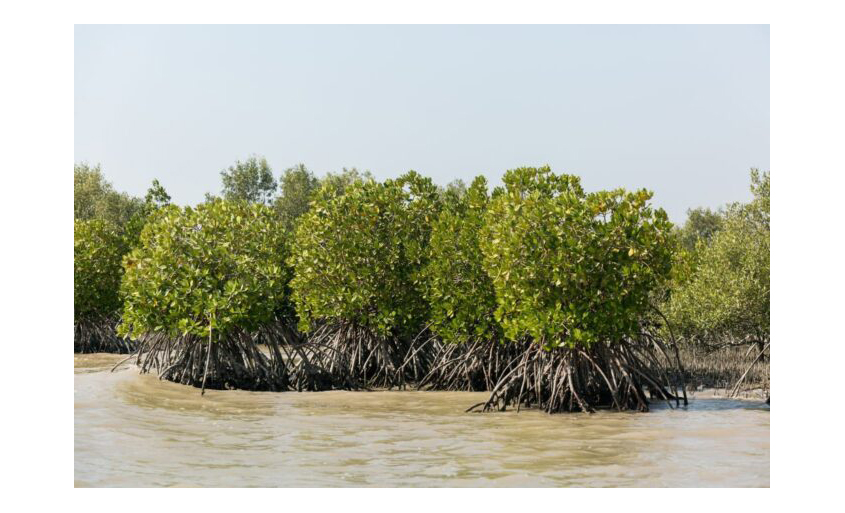
Project: Restoration and Conservation of Mangrove Forests in Karachi
1.Mangrove forests are crucial for protecting coastal ecosystems, mitigating climate change, and supporting livelihoods. Karachi’s mangroves face threats from urbanization, pollution, and exploitation. This proposal seeks to restore and conserve mangroves along Karachi’s coastline by planting 50,000 saplings, raising community awareness, and training 300 locals in sustainable management over three years. Objectives include promoting mangrove importance, enhancing ecological resilience, and supporting alternative livelihoods. The initiative also establishes a long-term monitoring framework to ensure sustainable conservation and management of mangrove ecosystems. Project Activities Year 1: Planning and Initial Plantations • Baseline Assessment: Conduct surveys to identify degraded areas suitable for mangrove restoration. • Community Mobilization: Engage local communities, fishermen, and stakeholders through meetings and workshops. • Sapling Plantation: Begin planting 25,000 mangrove saplings. • Awareness Campaigns: Launch school and community programs highlighting the ecological and economic benefits of mangroves. Year 2: Capacity Building and Expansion • Capacity Building: Train 150 community members in mangrove conservation techniques, including nursery development and sustainable harvesting. • Additional Plantation: Plant 25,000 more saplings. • Pilot Eco-Tourism Activities: Introduce eco-tourism initiatives such as guided mangrove tours and bird-watching opportunities. Year 3: Consolidation and Sustainability • Final Plantation: Plant the remaining 25000 saplings. • Sustainability Workshops: Equip communities with tools and knowledge for long-term mangrove care. • Monitoring and Evaluation: Implement a robust monitoring framework to track plantation success rates and ecological impact. Outcomes • Restoration of 1,000 hectares of degraded mangrove forests. • Increased community awareness and ownership of mangrove ecosystems. • Enhanced biodiversity and improved fish stocks in the coastal region. • Economic empowerment through alternative livelihoods such as eco-tourism and sustainable harvesting.




